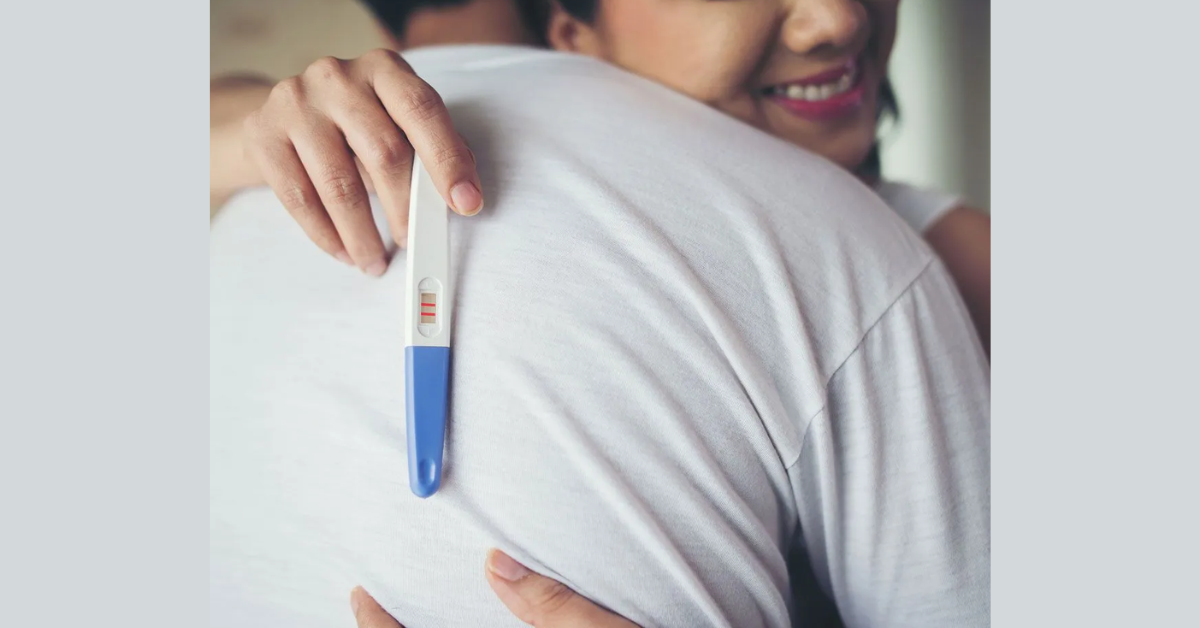Acupuncture Singapore: Ancient Healing in a Modern City
In the heart of Southeast Asia, where modern skyscrapers meet rich cultural heritage, traditional Chinese medicine continues to thrive. One of its most enduring and respected practices is acupuncture. For individuals searching for natural, holistic healthcare alternatives, Acupuncture Singapore services offer a compelling blend of ancient wisdom and contemporary therapeutic care.
Understanding Acupuncture
Acupuncture is a traditional Chinese medical practice that has been used for thousands of years to treat a variety of physical, emotional, and psychological ailments. The treatment involves inserting fine, sterile needles into specific points on the body, known as acupoints. These points lie along meridians or energy channels and are believed to influence the flow of “Qi” (pronounced “chee”), or vital energy, through the body.
The primary goal of acupuncture is to restore balance and promote the body’s natural ability to heal itself. According to traditional Chinese medicine, illness arises when there is an imbalance or blockage in the flow of Qi. By stimulating particular acupoints, acupuncture aims to remove these blockages, enhance circulation, and activate the body’s internal healing mechanisms.
Why Acupuncture Is Gaining Popularity in Singapore
Singapore’s fast-paced urban lifestyle often brings with it stress, fatigue, and chronic health issues. Many residents turn to alternative therapies like acupuncture for relief when conventional medicine falls short or causes side effects. This growing trend has led to an increase in reputable clinics and licensed practitioners across the island, providing professional and safe treatments for a wide range of conditions.
What makes Acupuncture Singapore services particularly appealing is the integration of traditional Chinese practices with modern healthcare standards. Clinics in Singapore often work in conjunction with Western medical institutions, ensuring that treatments are not only effective but also scientifically informed and compliant with regulatory standards. This fusion of East and West provides patients with a more comprehensive approach to wellness.
Common Conditions Treated by Acupuncture
Acupuncture is used to treat a wide array of health conditions. Some of the most common include:
-
Pain Management: Whether it’s chronic back pain, arthritis, migraines, or sports injuries, acupuncture is widely recognized for its pain-relieving effects.
-
Stress and Anxiety: The calming effects of acupuncture help regulate the nervous system and reduce cortisol levels, making it a popular choice for mental wellness.
-
Digestive Disorders: Conditions like irritable bowel syndrome (IBS), acid reflux, and gastritis can often be improved with regular acupuncture sessions.
-
Women’s Health: Acupuncture is frequently used to address menstrual irregularities, fertility issues, and menopausal symptoms.
-
Sleep Disorders: By regulating energy flow and calming the mind, acupuncture can significantly improve sleep quality and treat insomnia.
Patients undergoing Acupuncture Singapore treatments often report not just relief from their symptoms, but also an overall improvement in mood, energy, and quality of life.
What to Expect During an Acupuncture Session
For many first-timers, the idea of needles can be intimidating. However, acupuncture needles are extremely thin—much finer than those used for injections—and are generally painless when inserted correctly. A typical session begins with a consultation, where the practitioner gathers information about the patient’s symptoms, lifestyle, and overall health.
The patient then lies on a treatment table while the practitioner gently inserts needles at various acupoints. These needles are usually left in place for 15 to 30 minutes. During this time, patients often feel deeply relaxed, and some even fall asleep.
After the session, individuals may feel an immediate sense of relief or subtle changes that develop over a few days. The number of sessions required varies depending on the condition being treated, its severity, and the patient’s overall health.
Choosing the Right Acupuncture Clinic in Singapore
With the increasing demand for alternative therapies, it’s important to choose a clinic that is reputable and certified. A qualified acupuncture practitioner should be registered with the Traditional Chinese Medicine Practitioners Board (TCMPB) in Singapore. This ensures that they meet the necessary standards in training, hygiene, and professional conduct.
When selecting a clinic, consider the following:
-
Experience and Credentials: Look for practitioners with formal education and years of clinical experience.
-
Treatment Approach: Some clinics combine acupuncture with other therapies like herbal medicine, cupping, or moxibustion for enhanced results.
-
Environment: A clean, calm, and comfortable setting contributes significantly to the therapeutic experience.
-
Patient Reviews: Online testimonials can provide insight into others’ experiences with the clinic and practitioner.
Acupuncture Singapore centers that offer a patient-centered approach and personalized treatment plans tend to have the highest satisfaction rates and long-term client relationships.
The Science Behind Acupuncture
While traditional Chinese medicine speaks of Qi and meridians, modern research has explored acupuncture through a biomedical lens. Studies show that acupuncture can stimulate the nervous system, increase blood flow, and trigger the release of endorphins—the body’s natural painkillers.
Research also supports its effectiveness for specific conditions like chronic pain, migraines, and postoperative nausea. These findings have helped legitimize acupuncture as a complementary therapy alongside conventional medical treatments. In Singapore, some hospitals and general practitioners even refer patients to licensed acupuncturists as part of an integrative healthcare plan.
Final Thoughts
Acupuncture is more than just an ancient healing art—it is a dynamic, evolving therapy that continues to gain traction in today’s world. In a modern, medically advanced city like Singapore, it’s encouraging to see that traditional therapies still have a place in healthcare.
Whether you’re dealing with chronic pain, stress, or simply looking to enhance your overall well-being, Acupuncture Singapore offers a holistic, time-tested solution. With its blend of tradition, modern science, and commitment to quality care, acupuncture remains a powerful tool for healing—right here in the Lion City.






